

Look, I’m not going to get into a back-and-forth with you about this because it’s not my area of expertise, but a cursory glance at the Wikipedia article, which was “supplemental reading” for the question of what people thought about the idea, suggests that the underlying legal mechanisms (admittedly, I’m analyzing this from jurisprudence of the United States so terminology and precedents may differ) have to do with granting standing to individuals and communities that otherwise might not have a direct enough connection to assert an injury. Some references, like to the Ponca, suggest that the goal is accomplished by enacting new criminal statutes; others by granting private citizens the right to sue those that harm nature.
The legal mechanisms are not rooted in granting “personhood,” but rather providing means of protecting nature, which is a completely different legal approach. Nevertheless, the “personhood” approach was an interesting one, and because this is Beehaw, I thought entering the conversation could be productive and thought-provoking exercise.
Again, I’m not going to spend anymore time researching source materials, but you have conflated “personhood” with environmental protection laws, which I was not addressing, and you have come off as rather condescending. If we had been talking about conventional environmental protection laws, I would have agreed with you that the law doesn’t associate legal liabilities with nature, but instead, you hijacked the conversation and changed the discussion. You suggested that the statement I made before you changed it was addressed to your new conversation, and suddenly what I said was “absurd.”
If we are actually talking about the premise of legal personhood rather than just ways to protect the environment, then the parallels to considering that a concept, like a corporation, could have legal rights and liabilities associated with agency are actually really analogous, and in the litigious society we live in, would become a matter for a court to decide.






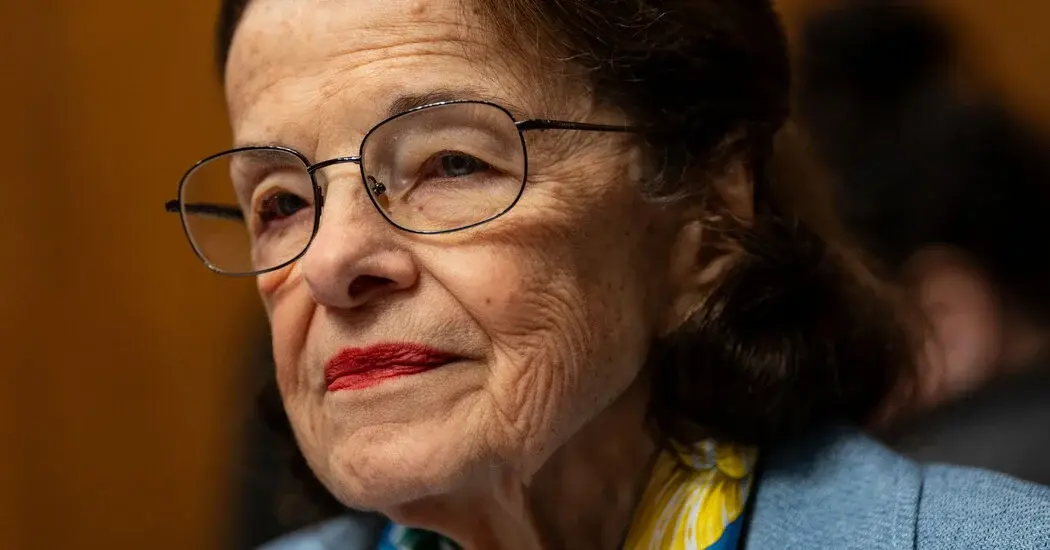
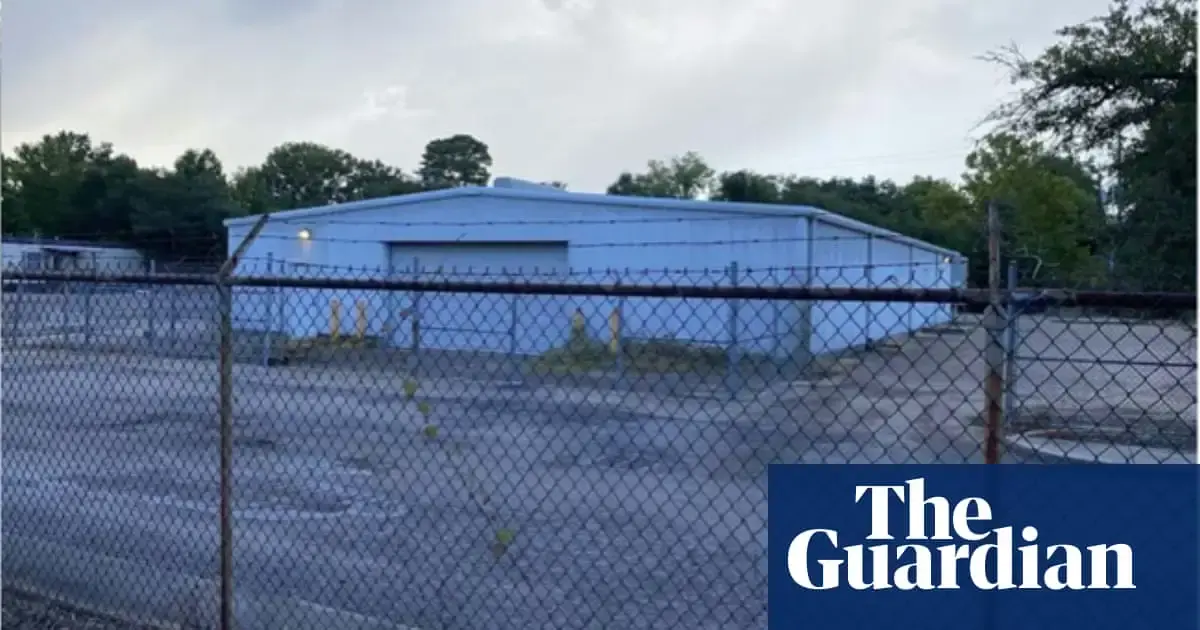
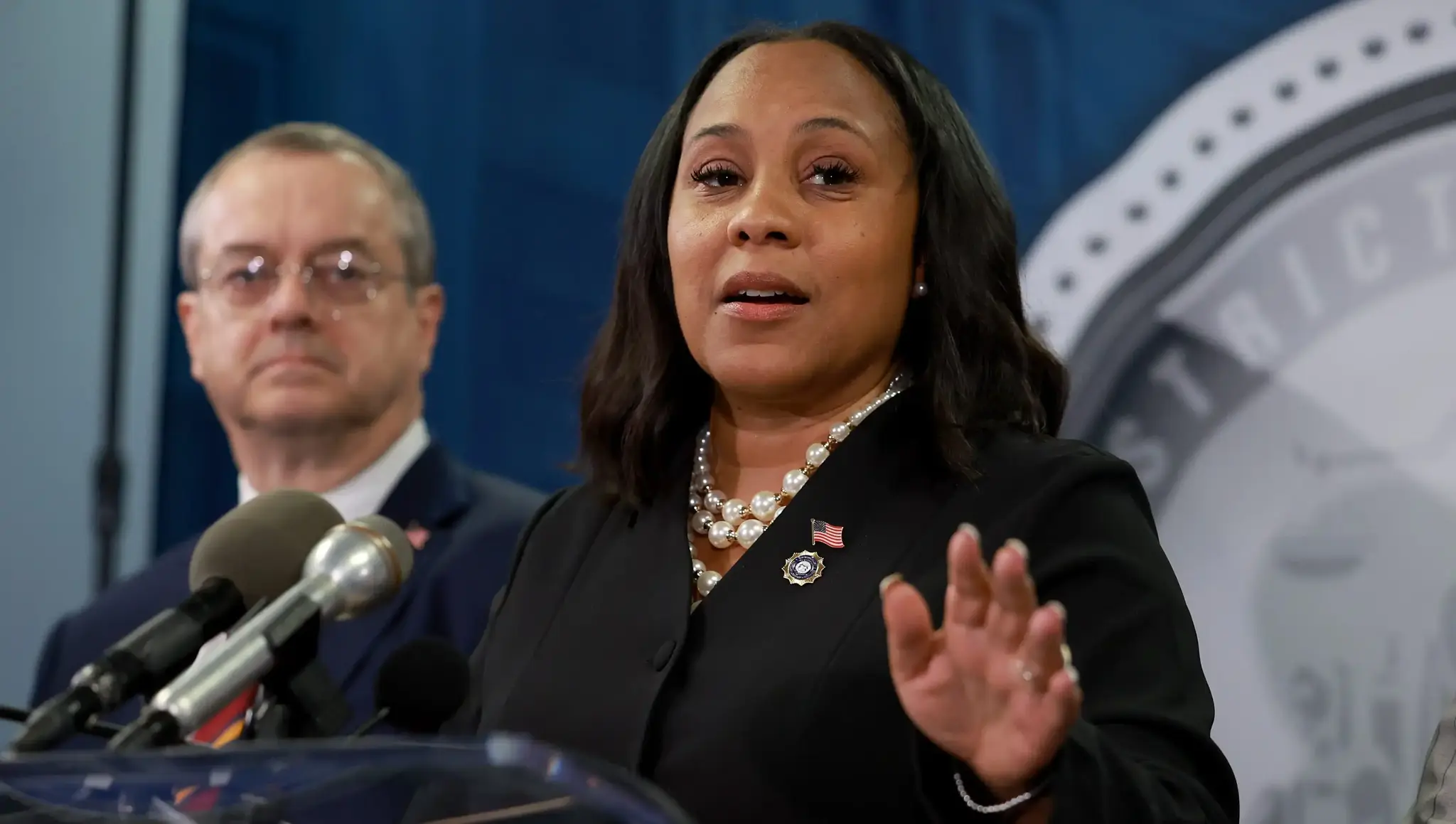

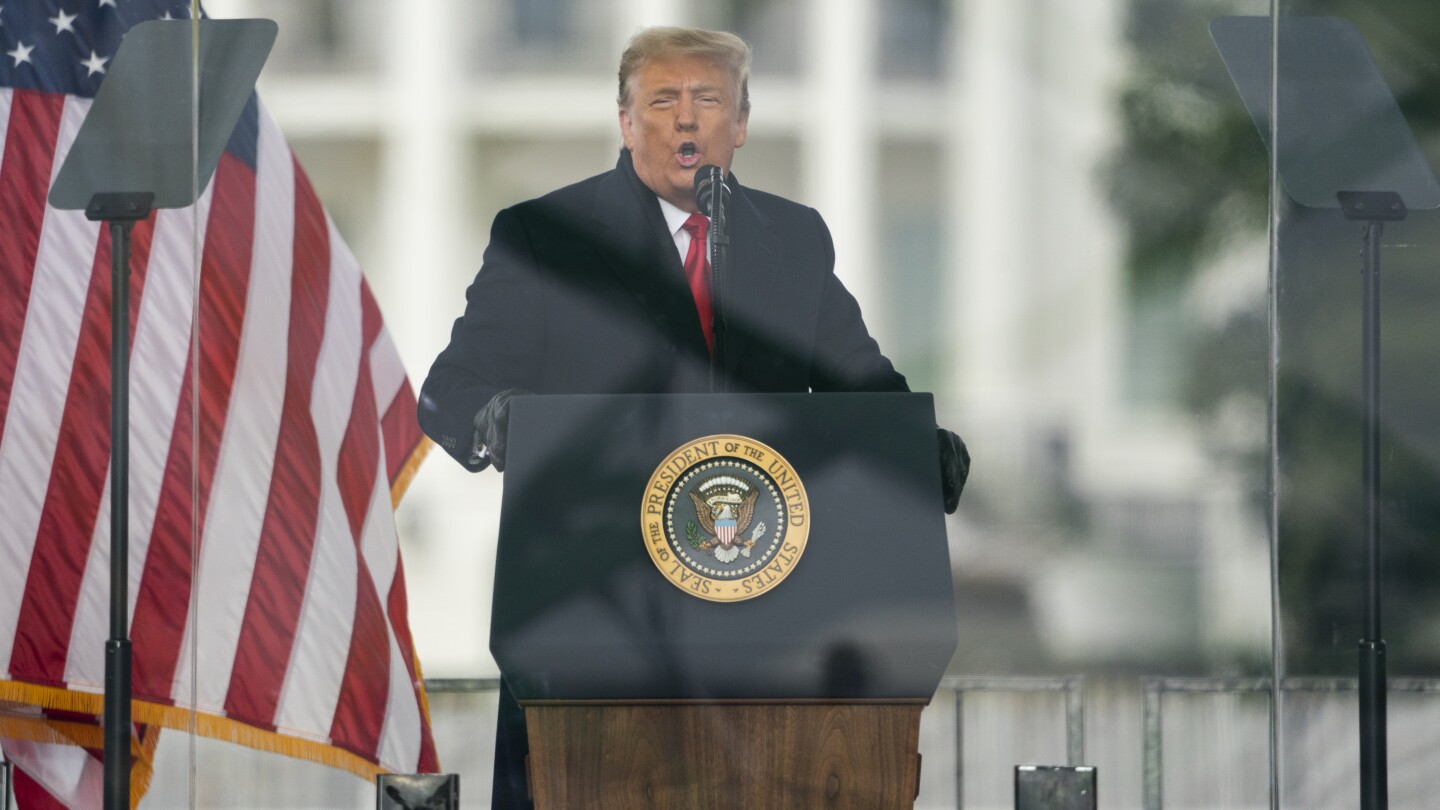

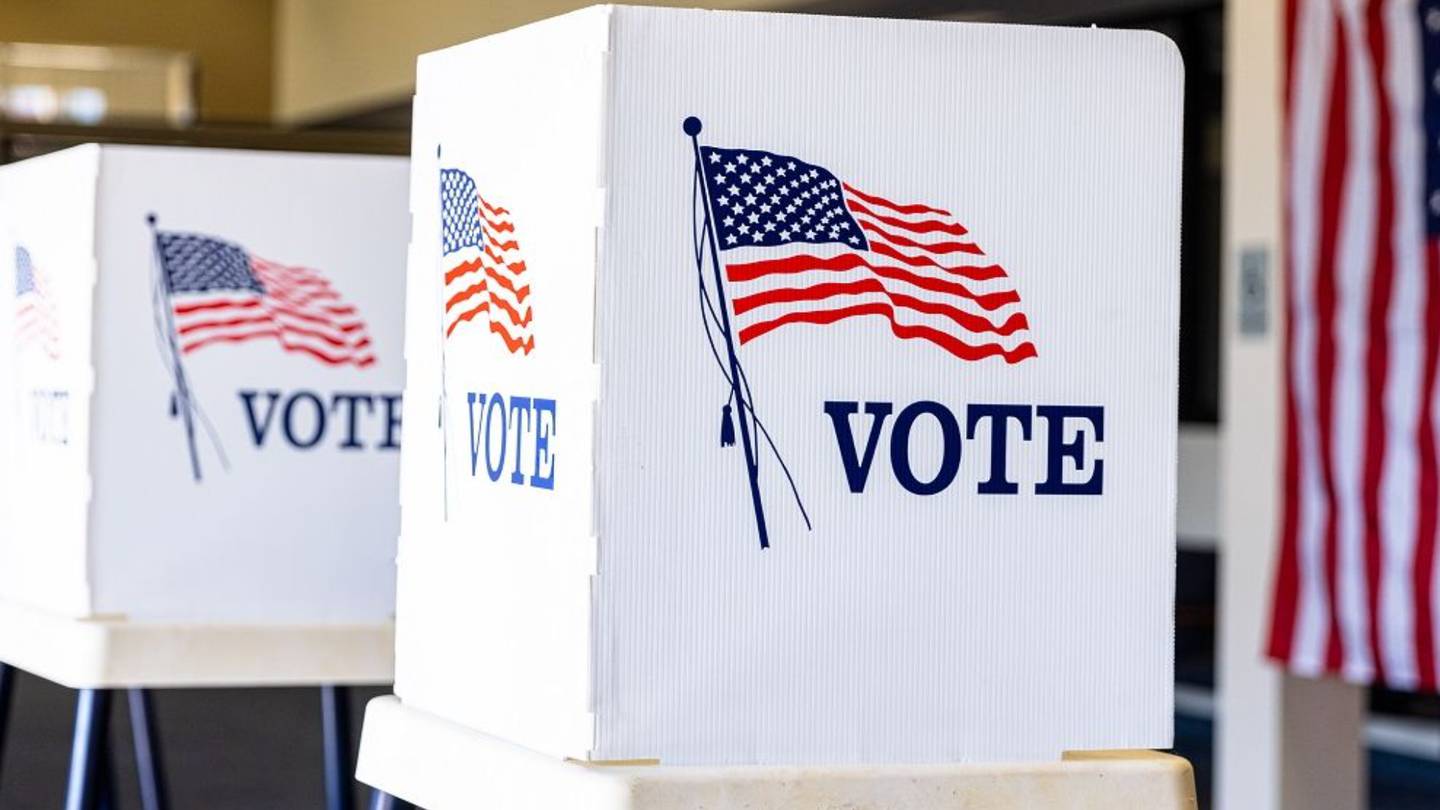


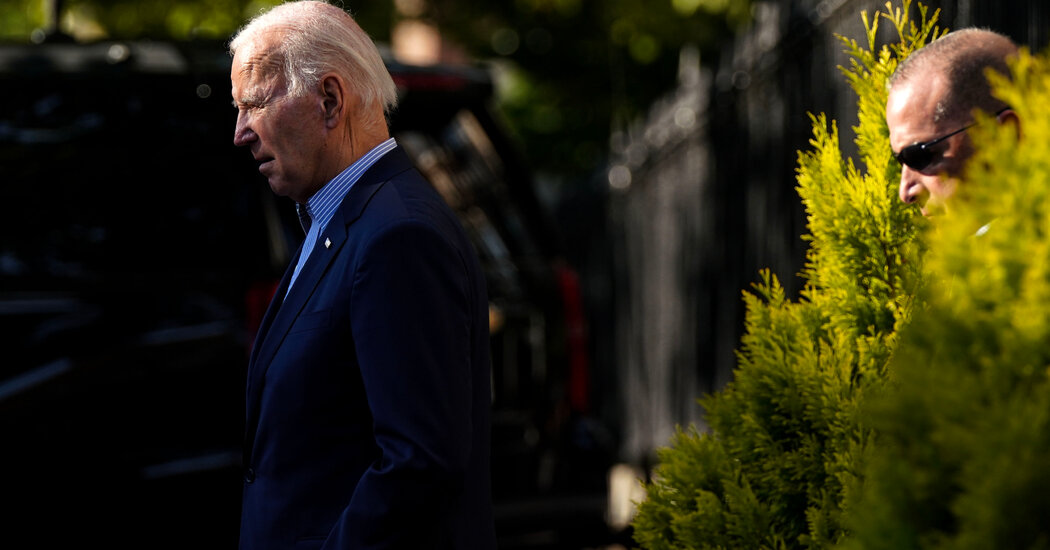
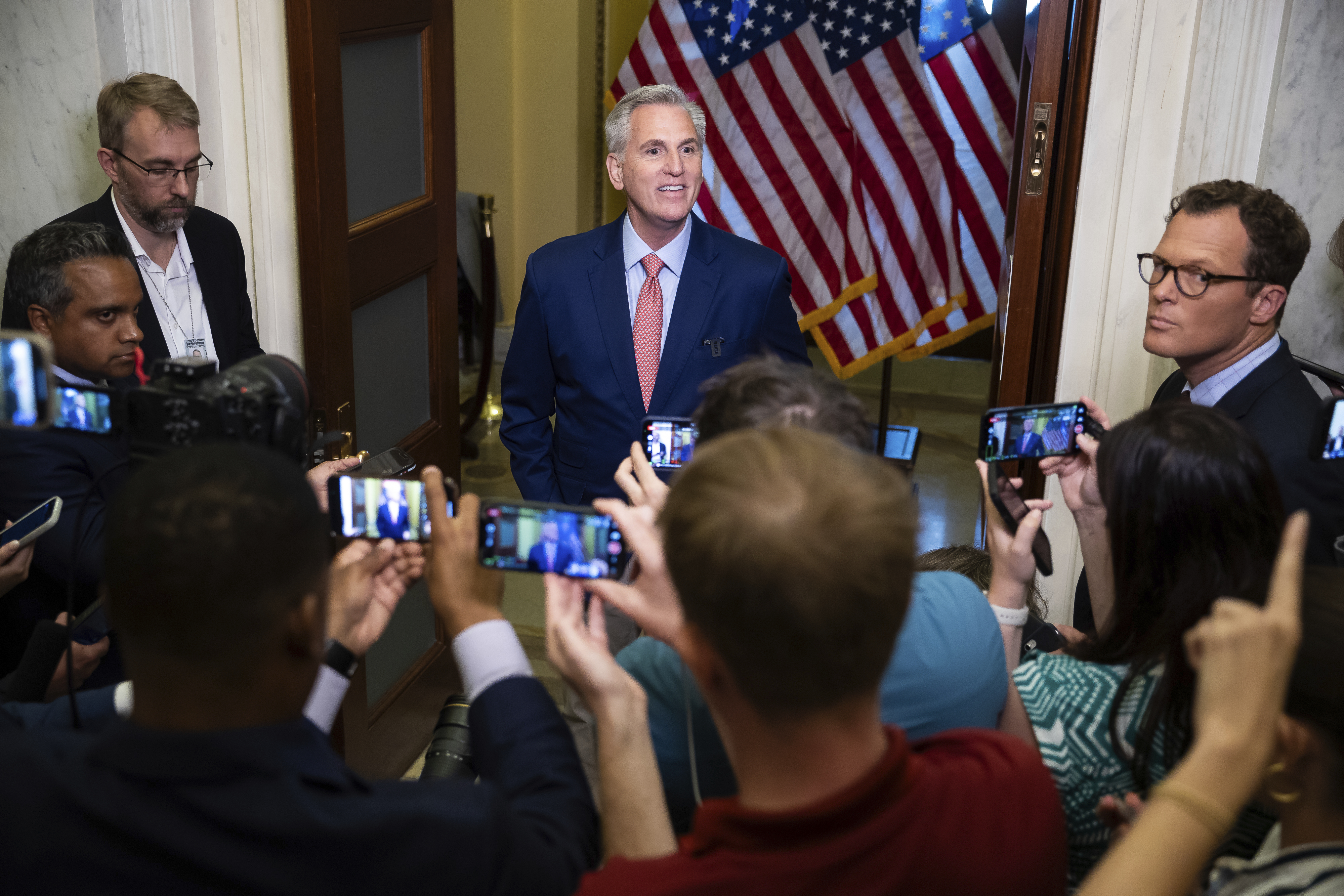

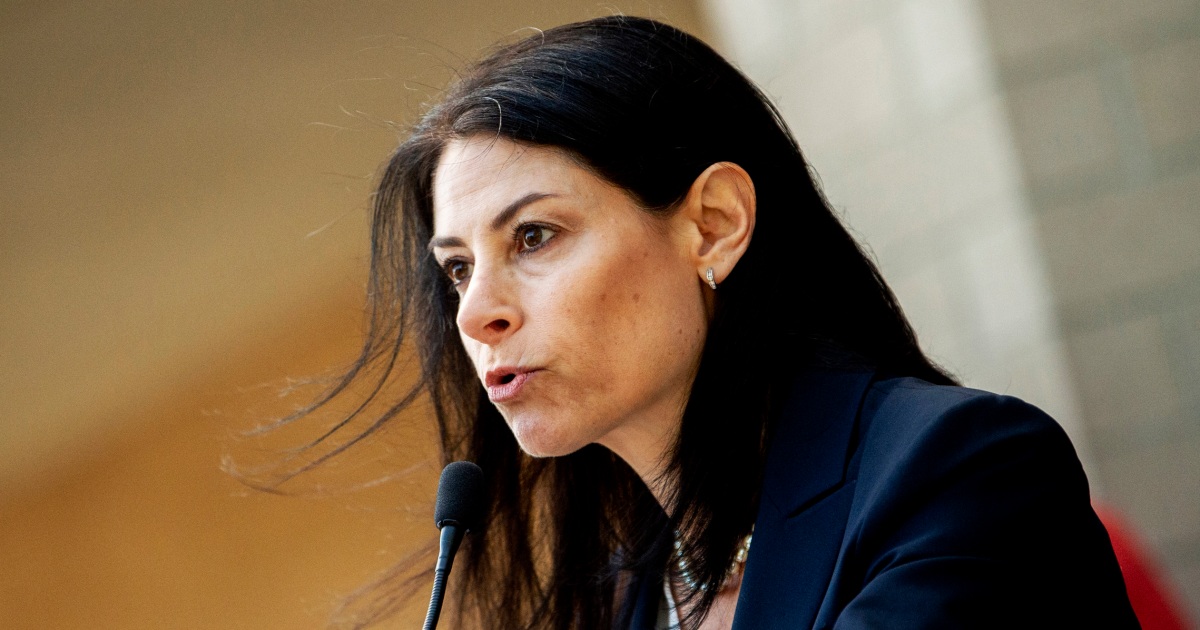

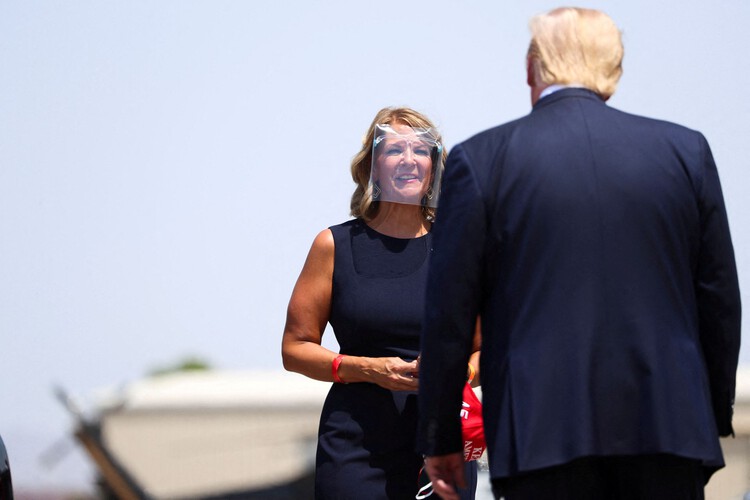
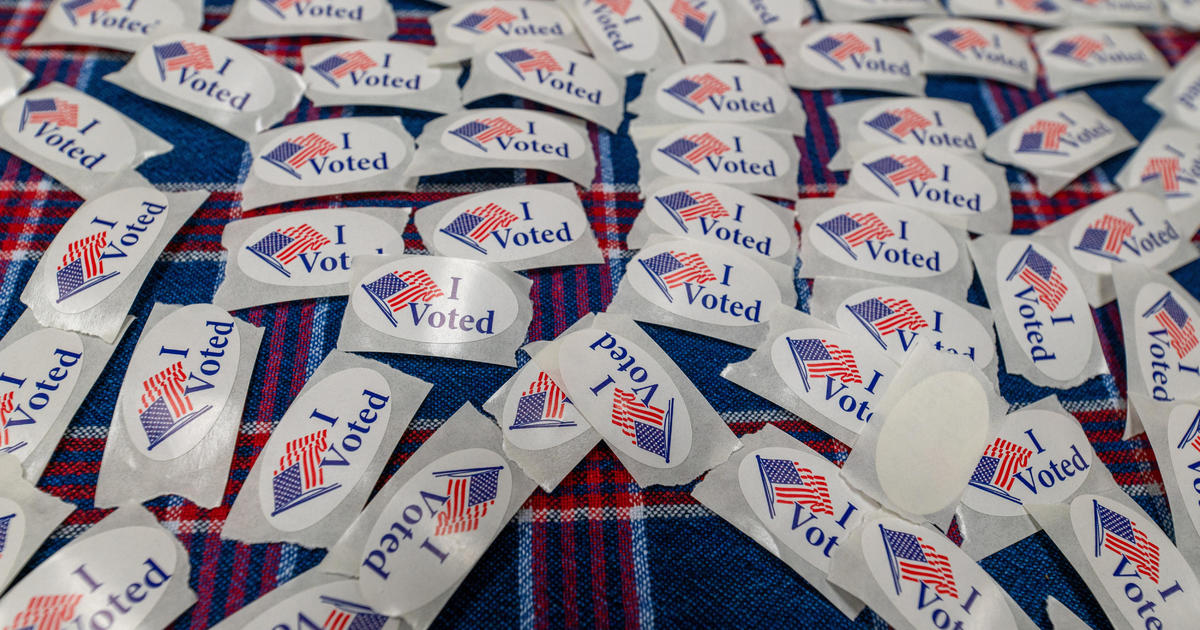
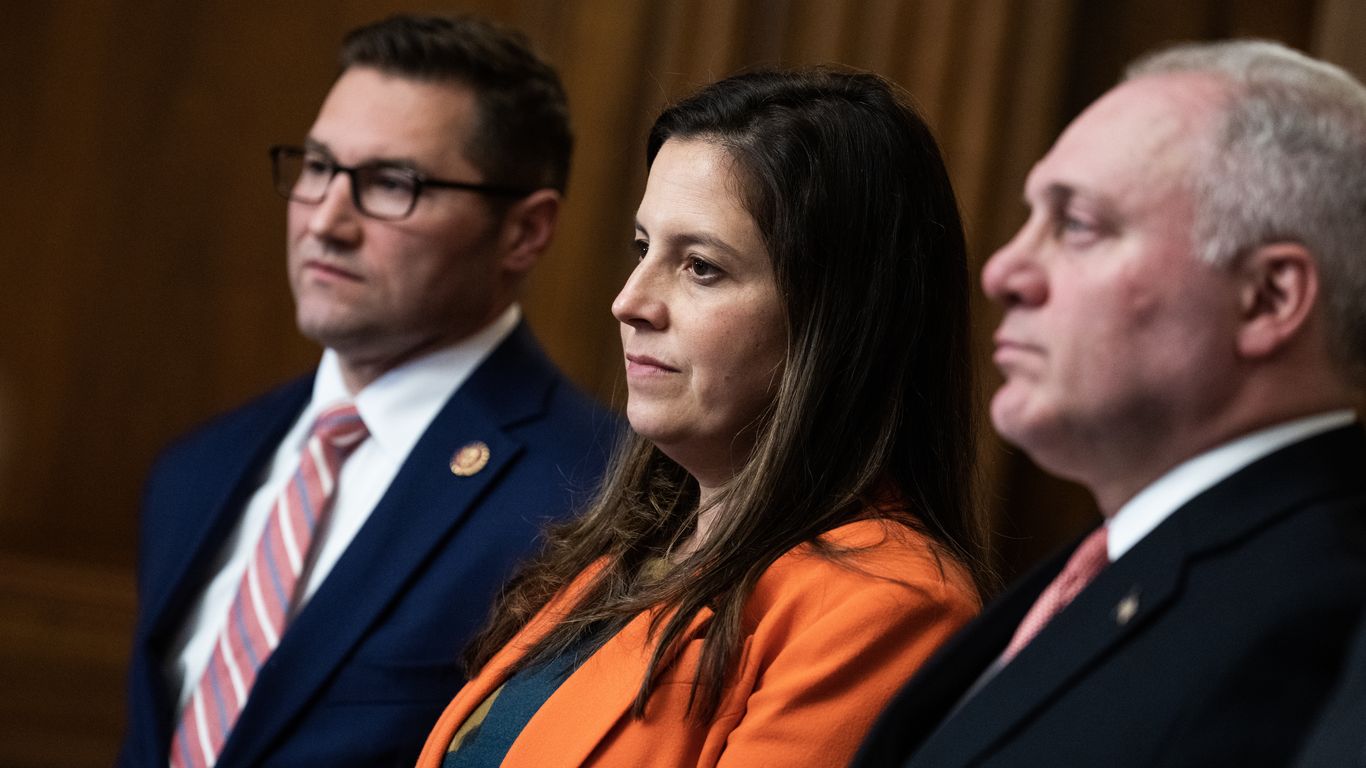
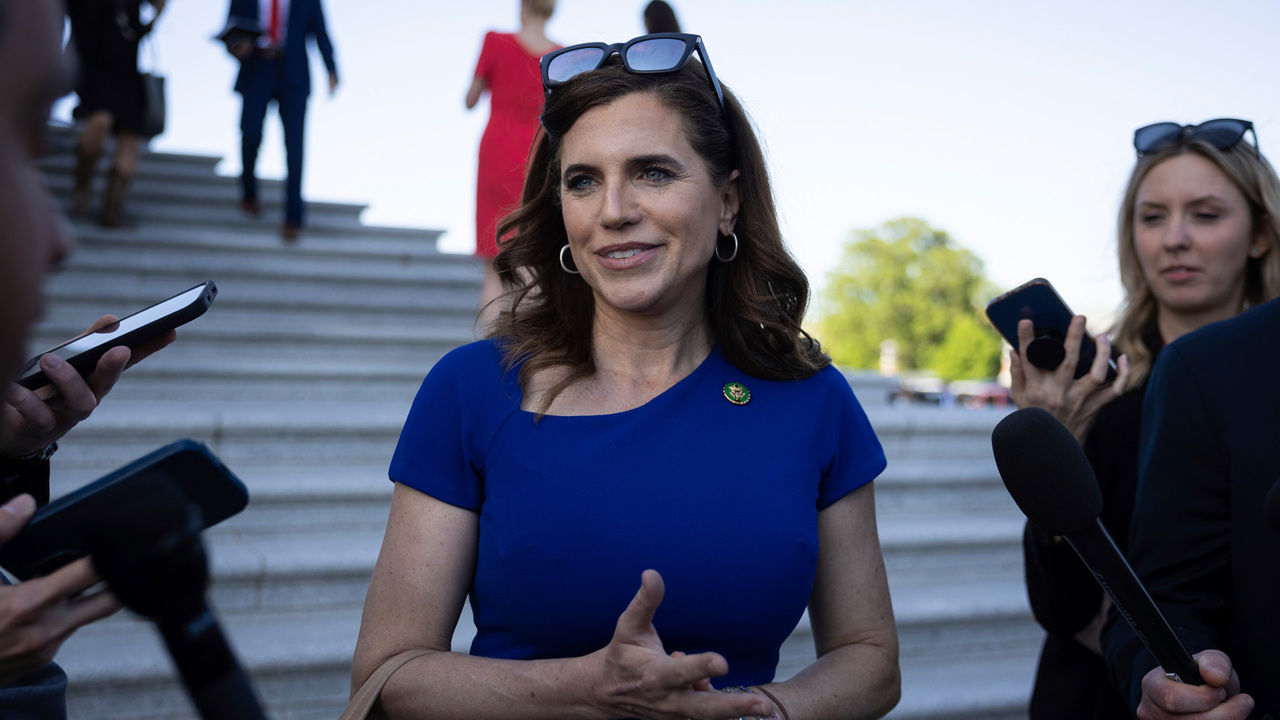

One tip I heard was asking “how” questions as follow-ups, rather than “what” questions? It tends to encourage people to think through how the conspiracies might actually work, rather than just jumping from point A to point B.